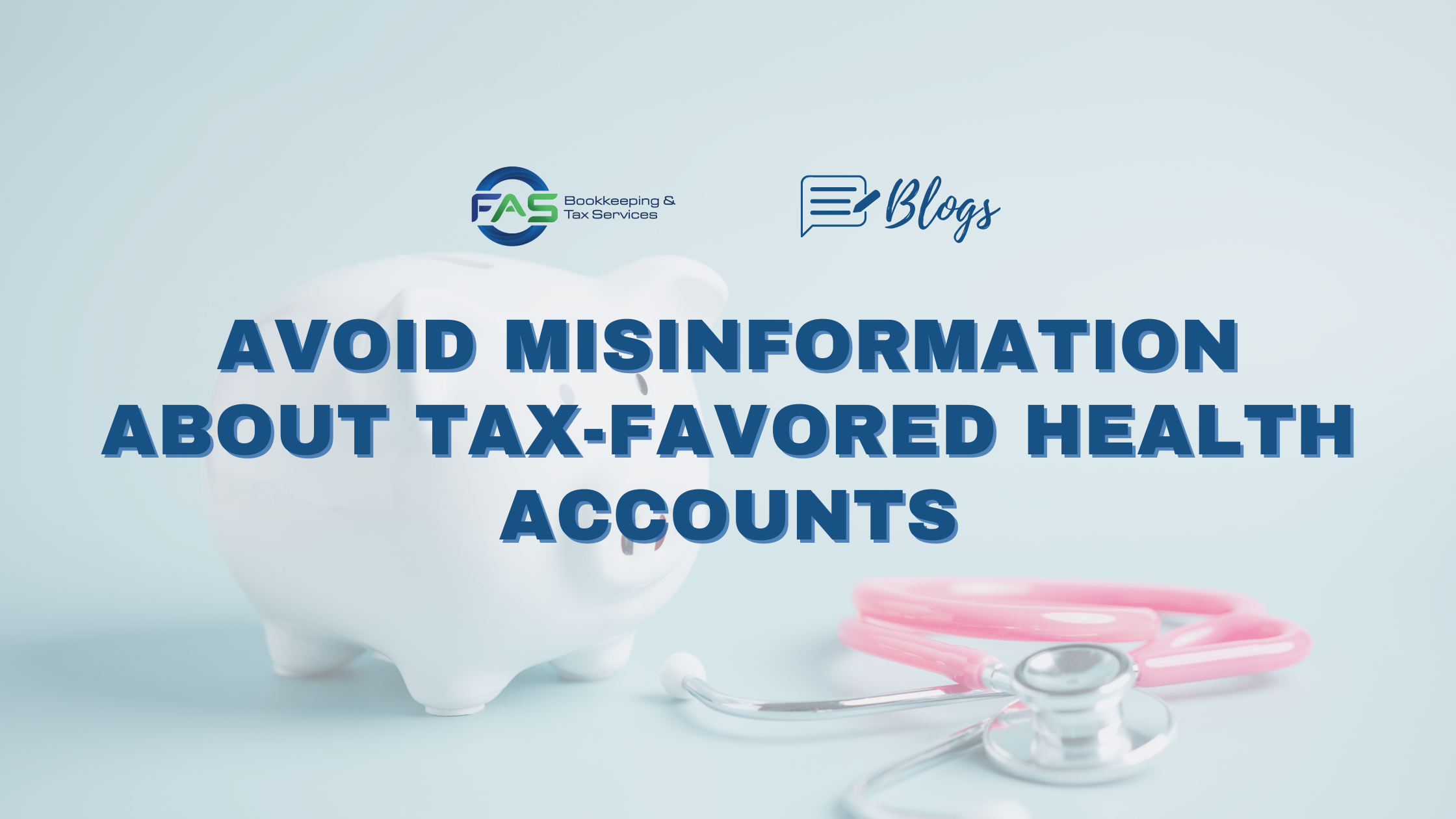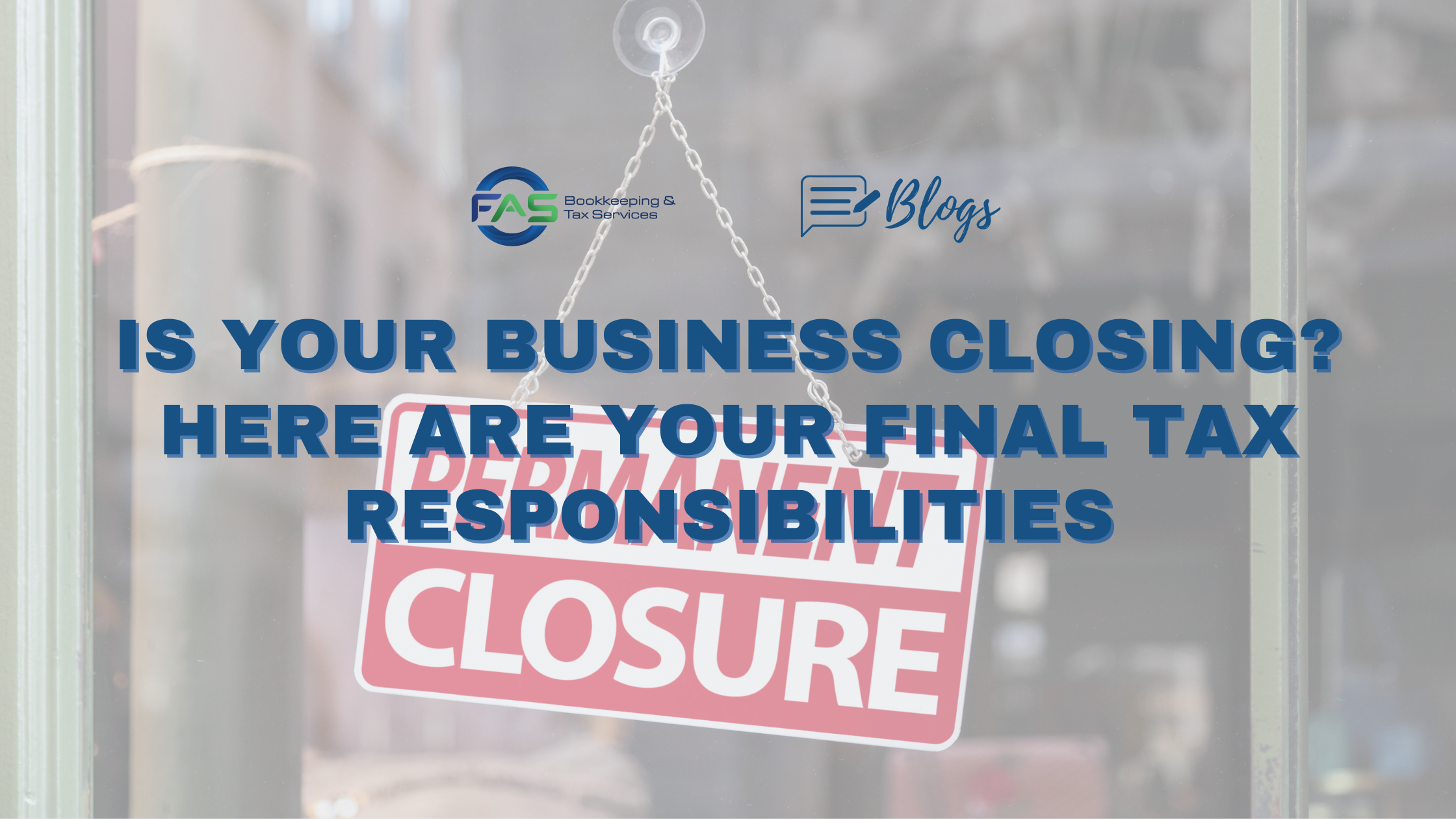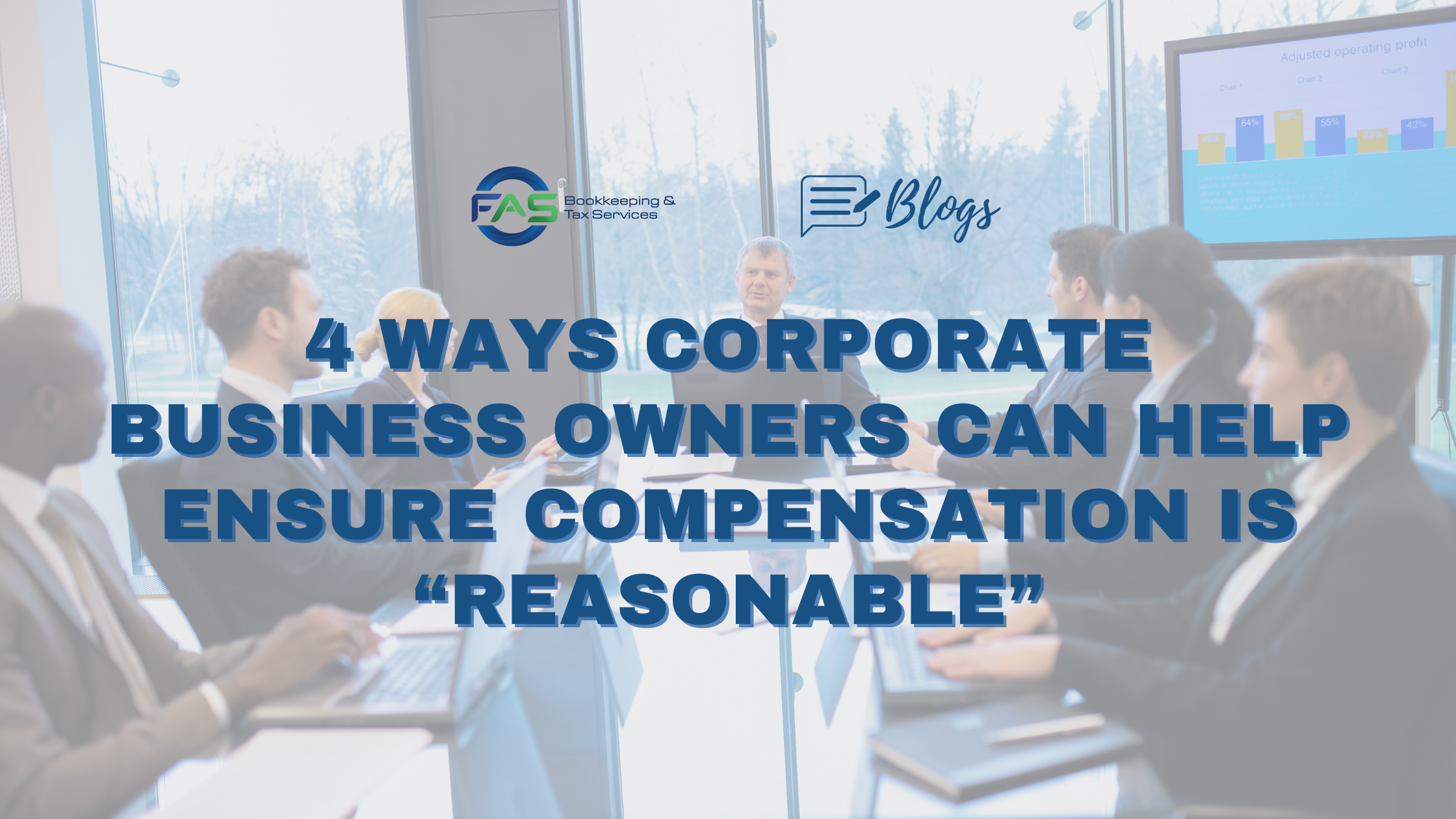The Tax Cuts and Jobs Act (TCJA) has changed the landscape for business taxpayers. That’s because the law introduced a flat 21% federal income tax rate for C corporations. Under prior law, profitable C corporations paid up to 35%.
The TCJA also cut individual income tax rates, which apply to sole proprietorships and pass-through entities, including partnerships, S corporations, and LLCs (treated as partnerships for tax purposes). However, the top rate dropped from 39.6% to only 37%.
These changes have caused many business owners to ask: What’s the optimal entity choice for me?
Entity Tax Basics
Before the TCJA, the conventional wisdom was that most small businesses should be set up as sole proprietorships or pass-through entities to avoid the double taxation of C corporations. A C corporation pays entity-level income tax and then shareholders pay tax on dividends — and on capital gains when they sell the stock. For pass-through entities, there’s no federal income tax at the entity level.
Although C corporations are still potentially subject to double taxation, their current 21% tax rate helps make up for it. This issue is further complicated, however, by another tax provision that allows noncorporate owners of pass-through entities to take a deduction equal to as much as 20% of qualified business income (QBI), subject to various limits. But, unless Congress extends it, that deduction is available only through 2025.
Many Factors to Consider
The best entity choice for your business depends on many factors. Keep in mind that one form of doing business might be more appropriate at one time (say, when you’re launching), while another form might be better after you’ve been operating for a few years. Here are a few examples:
- Suppose a business consistently generates losses. There’s no tax advantage to operating as a C corporation. C corporation losses can’t be deducted by their owners. A pass-through entity would generally make more sense in this scenario because losses would pass through to the owners’ personal tax returns.
- What about a profitable business that pays out all income to the owners? In this case, operating as a pass-through entity would generally be better if significant QBI deductions are available. If not, there’s probably not a clear entity-choice answer in terms of tax liability.
- Finally, what about a business that’s profitable but holds on to its profits to fund future projects? In this case, operating as a C corporation generally would be beneficial if the corporation is a qualified small business (QSB). Reason: A 100% gain exclusion may be available for QSB stock sale gains. Even if QSB status isn’t available, C corporation status is still probably preferred — unless significant QBI deductions would be available at the owner level.
As you can see, there are many issues involved and taxes are only one factor.
For example, one often-cited advantage of certain entities is that they allow a business to be treated as an entity separate from the owner. A properly structured corporation can protect you from business debts. But to ensure that the corporation is treated as a separate entity, it’s important to observe various formalities required by the state. These include filing articles of incorporation, adopting by-laws, electing a board of directors, holding organizational meetings and keeping minutes.
The Best Long-Term Choice
The TCJA has far-reaching effects on businesses. Contact us to discuss how your business should be set up to lower its tax bill over the long run. But remember that entity choice is easier when starting up a business. Converting from one type of entity to another adds complexity. We can help you examine the ins and outs of making a change.




